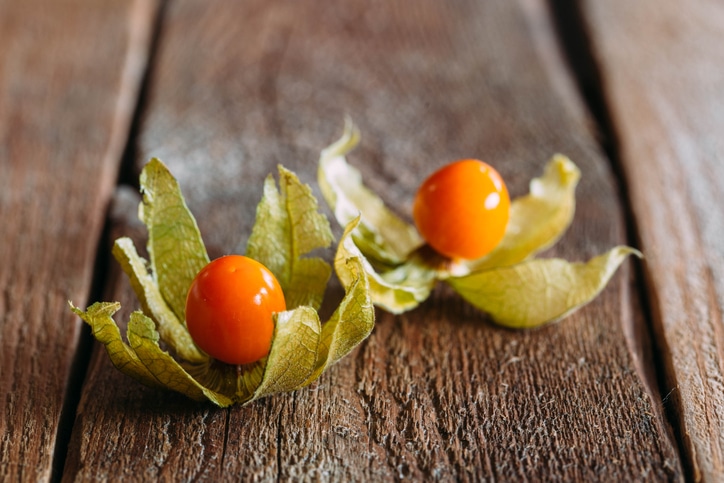More than one-third of us have trouble falling asleep. The U.S. Centers for Disease Control and Prevention estimates that 50-70 million Americans suffer from sleep disorders.1
Here’s an even bigger problem: About 10 million people rely on prescription drugs to get to sleep.2
These pills come with horrible side effects. The most common include dizziness, cognitive dysfunction, headaches, weakness, physical impairment the following day, and even uncontrollable shaking.3 They can also cause sleepwalking, hallucinations, violent outbursts, sleep driving, and even suicidal thoughts.
Even more concerning, a study in the British Medical Journal found that people who take sleeping pills are up to six times more likely to die—of any cause—than those not taking sleeping pills. Dr. Daniel Kripke led the study. He estimates that these pills cause up to half a million deaths per year.4
These dangerous drugs include Ambien (zolpidem), Sonata (zalepon), Lunesta (eszopiclone), and Restoril (temazepam).
And over-the-counter sleeping pills like Advil PM and Tylenol PM are not safe alternatives. The “PM” means an antihistamine has been added. This can lead to constipation, dry eyes, blurred vision, headaches, stomach upset, vomiting, daytime drowsiness, and skin rash.5,6
Recommended for You: The King of Herbs that can make you king of the bedroom
5,000 years ago, way back when the first pharaohs were ruling Egypt…the King of Herbs was assisting in man’s age-old dilemma. Turning sexual desire into a hard, physical reaction. Fast forward to today—and science finally backs it up. In one study, rigidity, girth, libido, and satisfaction were all higher in the men taking it. Discover the King of Herbs and the best way to get it…HERE.
The Herb That Brings Sleep
Now, a new study out of Japan confirms that an ancient herb can put you to sleep fast, naturally, and without side effects.
Researchers at the International Institute for Integrative Sleep Medicine at the University of Tsukuba examined the effects of ashwagandha to determine the active ingredient in the herb that causes sleep. They found the natural compound triethylene glycol, or TEG, is responsible for the herb’s sleep-inducing properties.
In their study, they split lab mice into two groups. One group received a TEG solution. The other received a solution from the ashwagandha leaf that did not contain active TEG.
The mice that received the TEG increased their non-rapid eye movement (NREM) sleep, or deep restorative sleep. A 10 mg dose led to a 20% increase. At 30 mg, NREM increased to 40%. Those that did not receive TEG showed no change.7
Sleep Better—Naturally
Some 30-60% of seniors struggle with insomnia. But researchers suggest dumping prescription sleeping pills in favor of this natural solution. They say that ashwagandha helps sleep by mitigating stress and correcting imbalances in the nervous system.
Their results demonstrate that “TEG, which is also an active component of ashwagandha leaves, is a potent sleep-inducing small molecule. Ashwagandha leaf or root powder itself is able to enhance the quality of sleep.”
You can find ashwagandha in health food stores and online. We recommend a dosage of 300 mg before bedtime. But ashwagandha isn’t the only natural solution for a better night’s sleep:
Tart Cherries. They contain more natural melatonin, a hormone that controls your body’s sleep-wake cycle, than any other food.8 You can take it in supplement form, or enjoy a serving of tart cherry juice after dinner. One brand we recommend is Lakewood Organic Pure Tart Cherry Juice.
L-Tryptophan. It plays a key role in serotonin production. Serotonin is a chemical that regulates mood and feelings of wellbeing. It helps you feel relaxed, which means you fall asleep faster and easier. Great sources of L-tryptophan include organic turkey, wild-caught fish, pastured eggs, and grass-fed beef.9
Valerian. People have used this herb to promote sleep as far back as the 2nd century. And recent studies confirm the effectiveness of valerian as a sleep aid. One study shows that valerian root extract taken twice a day promotes deeper, more restful sleep.10
Sleeping pills aren’t the only drugs with terrible side effects. Our special report, The Top 10 Dangerous Pharmaceutical Drugs—And Their Natural Alternatives is an important read for you and your family. There’s a good chance someone you love is endangering his or her life. And they may have no clue.
Get all the details HERE.
Like this Article? Forward this article here or Share on Facebook.
References:
1https://www.cdc.gov/features/dssleep/
2https://www.theatlantic.com/health/archive/2014/08/americans-are-getting-worse-at-taking-sleeping-pills/375935/
3http://www.webmd.com/sleep-disorders/guide/understanding-the-side-effects-of-sleeping-pills#1
4http://center4research.org/healthy-living-prevention/products-with-health-risks/having-trouble-sleeping-pills-are-not-a-safe-solution/
5https://www.drugs.com/sfx/tylenol-pm-side-effects.html
6https://www.drugs.com/sfx/advil-pm-side-effects.html
7http://journals.plos.org/plosone/article?id=10.1371/journal.pone.0172508
8http://www.thehealersjournal.com/2013/04/08/foods-high-in-melatonin/
9https://ods.od.nih.gov/factsheets/Valerian-HealthProfessional/

